
The Hilarious Hypocrisy of Jonathan Franzen
Jonathan Franzen’s Guardian article – What’s Wrong With The Modern World – was such a monumental act of self-parody that I was surprised it wasn’t published in The Onion. Even his failures (to have sex with an “unbelievably pretty girl” in Munich) aren’t failures, but a decision he makes, right before shoehorning in mention of his Fulbright scholarship. Classic Franzen, you might say. This post is from 20 September 2013. It has not been updated except to clean up broken links but the comments remain open. Franzen likes to think of himself as a “lefty” but he’s really what we call in Ireland a smoked salmon socialist. (In the US, you might use the term champagne socialist or limousine liberal, Read More…
Battle of the Distributors: Smashwords vs Draft2Digital
Since I started self-publishing in 2011, Smashwords has been the overwhelming favorite for savvy self-publishers who wanted or needed a distributor to reach non-Amazon e-bookstores. However, a new competitor called Draft2Digital launched a beta version of their service earlier this year and has been gaining popularity. In July, they hit 1,000 users, 10,000 titles, and 1,000,000 books sold. I’ve been getting lots of questions about Draft2Digital, and experimenting with them myself, so I thought it was a good time for a side-by-side comparison as there are distinct pros and cons to each service. But before we get into that, let’s look at the question of whether you need to use a distributor at all. The virtues of going direct In my Read More…
How To Avoid Publishing-Assisted Suicide
I regularly take aim at “assisted self-publishing” because it often results in a shoddy product, a serious price-tag and/or a big chunk of the author’s royalties going to a middleman that is doing little more than uploading (which is the easiest part of the process). This post is from 30 June 2013. It has not been updated except to clean up broken links but the comments remain open. For something fresher head to the blog homepage. However, I’m not against assisted self-publishing per se, and today’s guest post sketches out a potential model for such companies, an author-centric approach that can benefit all parties, particularly the author. And it’s not just theory. Phoenix Sullivan is an author, self-publisher, and IMO one Read More…
A List of Things Scott Turow Doesn’t Care About
Scott Turow woke up from his slumber recently to bark nonsense about Amazon’s acquisition of Goodreads on the Authors Guild blog, before being thoroughly eviscerated in the comments.
Undeterred, Turow sought out the considerably larger platform of the New York Times’ Op-Ed pages on Monday to decry The Slow Death of the American Writer.
On reading the latter, my first thought was: if Scott Turow didn’t spend so much time hating Amazon and pretending self-publishing didn’t exist, maybe he wouldn’t be so depressed. Read More…
Amazon’s Purchase Of Goodreads Could Be Good
The doom-mongers have been running wild on Twitter with the news that Amazon is to acquire Goodreads. Much of that nonsense is typical (i.e. hysterical) Amazon bashing, or reflexive defense of the status quo.
I’m not going to deal with the Chicken Little stuff. I have less and less patience with people who claim that Amazon has or is striving for some kind of evil monopoly that will subjugate authors and readers when all the evidence to date is that they will treat authors better than any publisher and provide readers with cheaper books, a bigger selection, and a better customer experience than any other retailer.
There are some more reasonable fears about what this purchase entails. I would like to deal with these in turn, then discuss how I think this acquisition will be beneficial to writers – particularly self-publishers. I respect the fact that this is a hot-button issue for many, and that reasonable people will disagree with my perspective. Read More…
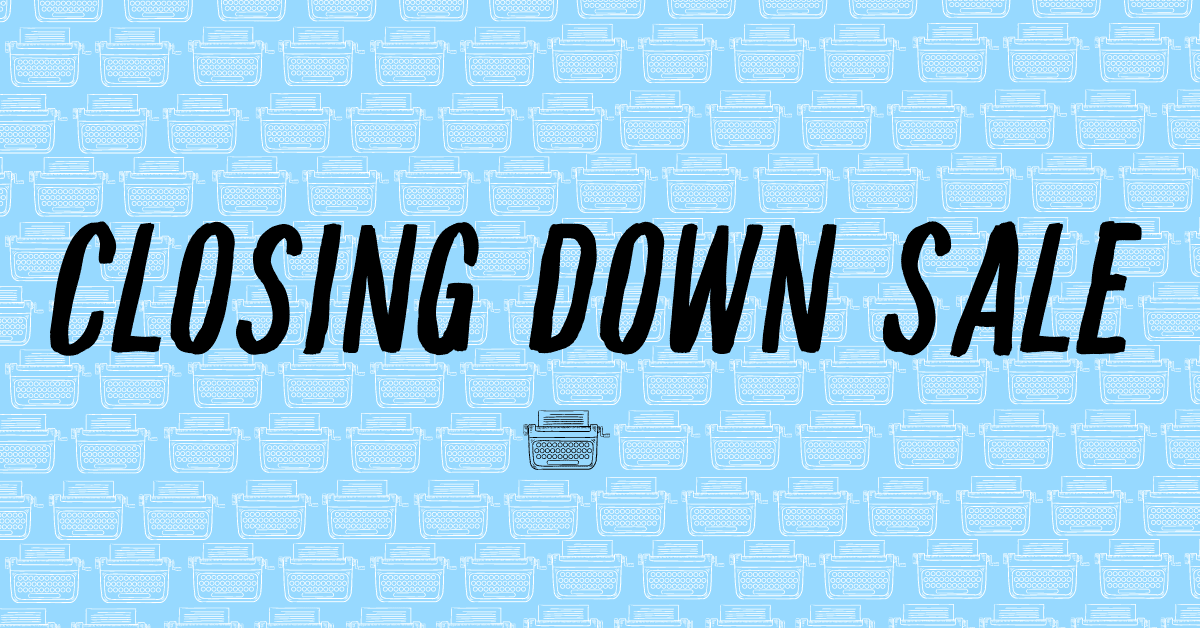
Self-Publishers Are Saving The Publishing Industry
Self-publishers stand accused of destroying the publishing industry with bargain basement ebook pricing. At least, that was the accusation in 2012 when this guest post was written. And it’s definitely still worth reading today because a lot of the same myths about pricing endure in 2021 – so I’ve dusted this post off from the archives and given it a quick polish for you. This guest post is so much more than a polemic in support of self-publishers or in defense of cheap books. SF/F author Ed Robertson makes a convincing and deeply researched case that self-publishers’ pricing is far from anomalous. Indeed, Ed’s analysis shows that our ebook pricing is firmly in line with the historical pricing of paperbacks Read More…
The Authors Guild Doesn’t Serve Writers
At the beginning of March, The President of the Authors Guild – Scott Turow – called for the Department of Justice to drop their unfinished investigation into e-book price-fixing.
That call, of course, went unheeded, the investigation continued, and a suit was filed. A settlement was agreed with three of the Price Fix Six (with the rest electing to go to trial), but that settlement had yet to be approved by the court. Meanwhile, a wave of news stories appeared bashing a company not alleged to have participated in that price-fixing: Amazon.
The allegations against Amazon were successively absurd, culminating in a ridiculous story which claimed that Amazon’s charitable donations were a nefarious attempt to co-opt critics. It was quite clear at that point that we were witnessing a concerted PR campaign to sully Amazon – with reporters openly admitting that these stories were being fed to them by publishing executives. Read More…
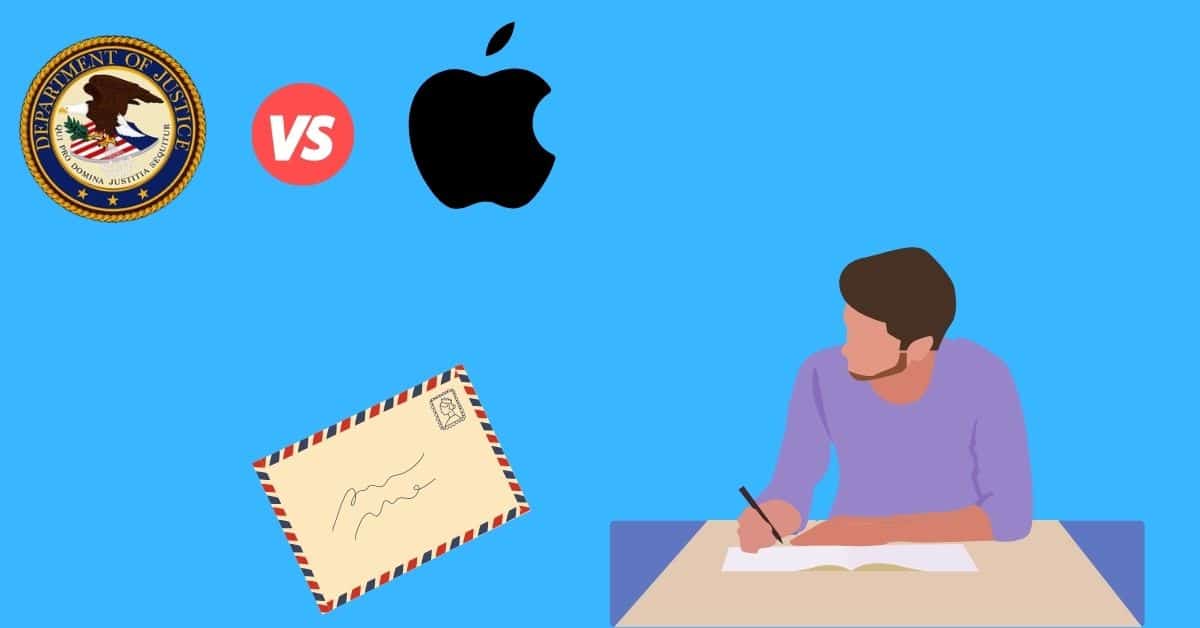
An Open Letter to the DOJ on Ebook Price Fixing
The ebook price fixing story had a new development this week. America’s leading literary agents’ organization – the Association of Authors’ Representatives (AAR) – penned an open letter to the Department of Justice (DOJ) opposing the terms of the settlement reached with three of the publishers named in the Apple anti-trust suit. I won’t go into the details of how wrongheaded that letter was. It has already been systematically taken apart by Joe Konrath, Bob Mayer, and Dean Wesley Smith. This post is from 15 May 2012. It has not been updated except to clean up broken links but the comments remain open. Also worth reading are Joe Konrath’s subsequent dismantling of another open letter to the DOJ written by Read More…
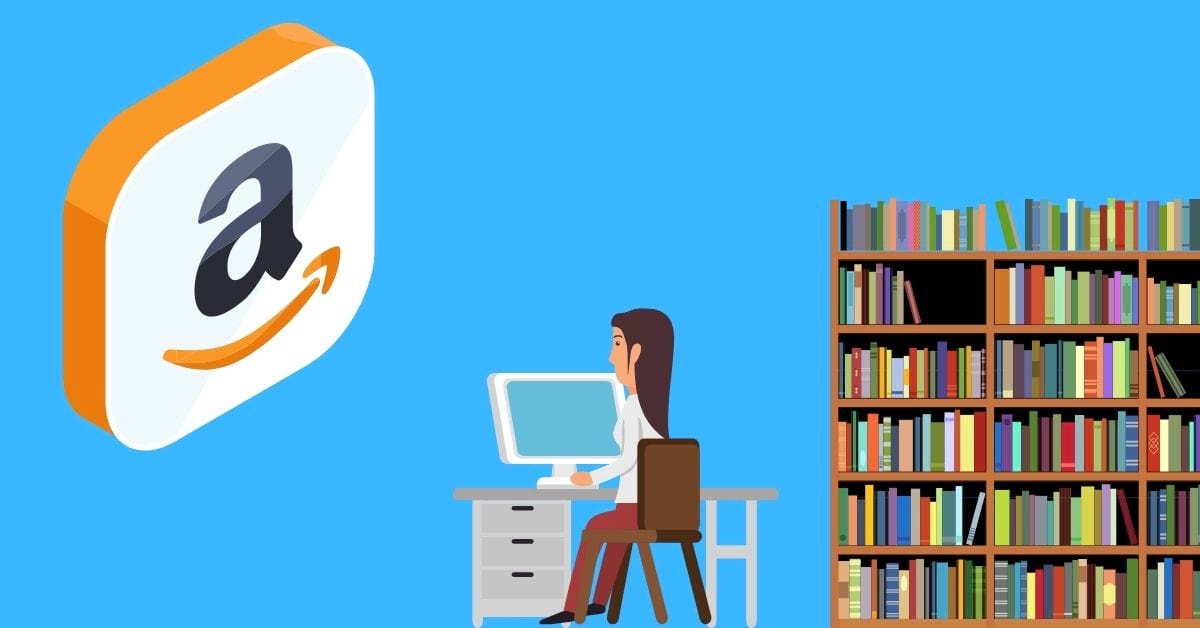
Big Publishing Hates Competition
The reaction to the filing of the DoJ’s antitrust suit was predictable. Among other things, the DOJ has been accused of working for Amazon, helping them to “destroy the publishing industry.”
If you want to sample the mindset I’m referring to, simply visit the comments of any article on the matter in the trade press – although this vocal group are strangely absent from the comments of articles such as this one describing publishers’ (alleged!) attempts to cover up their actions by deleting emails.
I’m not sure when “the publishing industry” become exclusively synonymous with the largest publishers. I’m not sure when their narrow interests became everyone’s interests, because what’s good for Penguin isn’t necessarily good for writers, small presses, or indie bookstores. Read More…
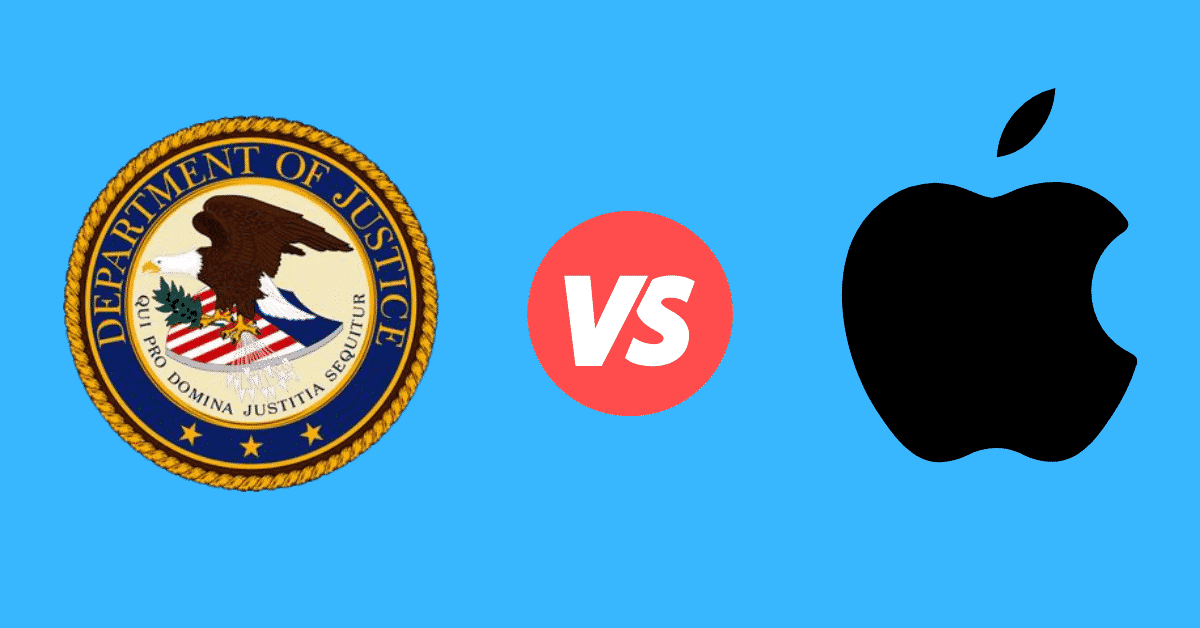
Apple Antitrust Suit Draws In Big Publishers
The Department of Justice has filed an antitrust lawsuit against Apple and five of the largest publishers: Macmillan, Penguin, HarperCollins, Hachette, and Simon & Schuster.
A related settlement has also been agreed with three of the parties HarperCollins, Hachette, and Simon & Schuster – while Macmillan claimed the terms were too onerous, and it seems Penguin will join them in fighting the case, along with Apple.
The agreed settlement must still be approved by the court, but among the conditions are the end of the Agency model (despite the attempted spin by the likes of Publishers Weekly) and the return of pricing control to the retailers (such as Amazon). In addition, the settling parties will be monitored by the DOJ, who must be copied on any communications surrounding this or any related matter Read More…
Scott Turow: Wrong About Everything
On Thursday it was reported that the U.S. Justice Department was preparing to sue five of the largest publishers, and Apple, for (allegedly) colluding to fix e-book prices. Despite the shock expressed in some quarters, this is hardly a bolt from the blue.
It’s almost a year since the European Union raided the offices of several publishers in France, Italy, and Germany, kicking off their own Europe-wide anti-trust investigation – later folding into that probe a similar move by the Competition Authority in the UK to examine the Agency Agreement.
It was also widely reported late last year that a U.S. Justice Department investigation, along similar lines, had commenced. Read More…
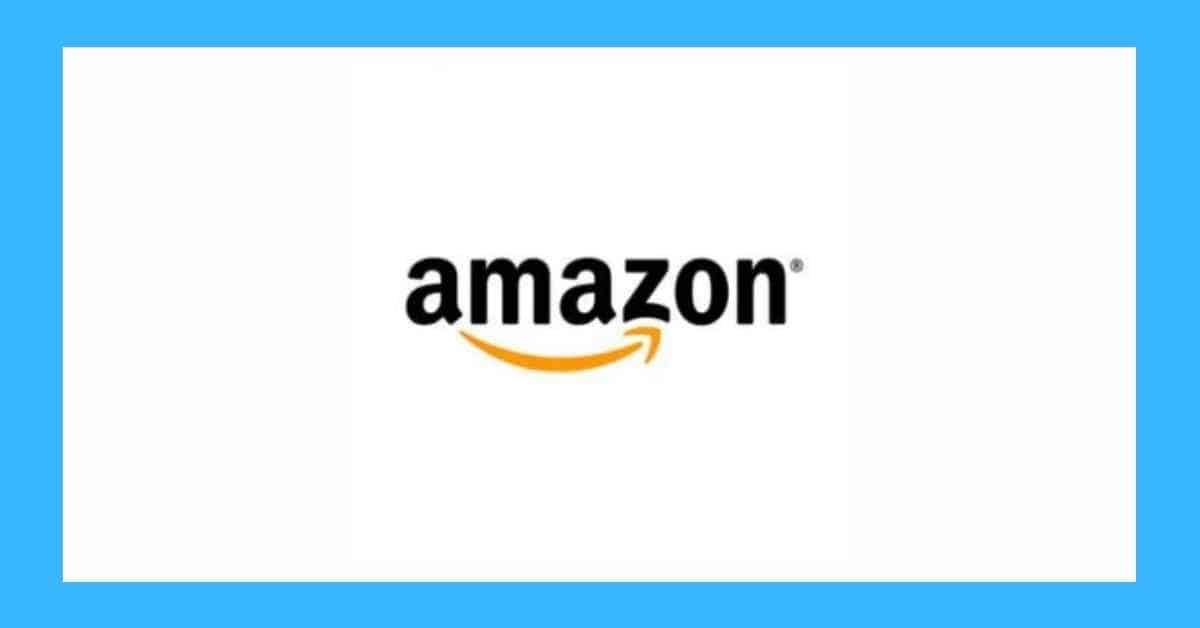
Amazon Also Creates Competition
The big topic (again) seems to be Amazon and competition. Whether it is a monopoly, or is heading in that direction, and if it should be “stopped” – although it’s never clear what that entails. Barry Eisler dealt with this fear, rather conclusively, in a guest post on Joe Konrath’s blog. This post is from 17 February 2012. It has not been updated except to clean up broken links but the comments remain open. But lately, the hysteria has been ratcheted up a notch by Mike Shatzkin’s (sensible) prediction that Amazon will soon be responsible for 50% of most publisher’s sales. The Author’s Guild now has Amazon firmly in their sights. An article at the end of January entitled Publishing’s Ecosystem Read More…
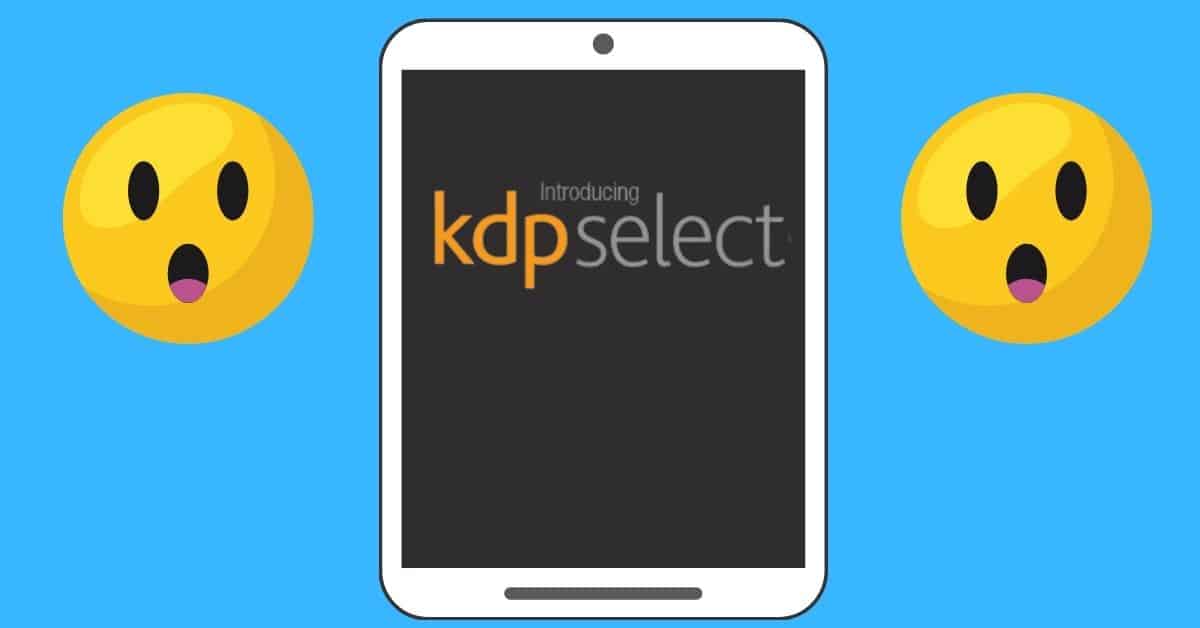
KDP Select Launch Raises Payment Questions
Things had been going pretty smoothly for self-publishers until the KDP Select launch. We were more or less done with the arguments about whether this was a viable path and whether you could attract an agent/publisher (if you wanted to) by self-publishing first.
We had generally agreed that e-books were here to stay and that print books and bookstores (sadly) were on the way out. Then Amazon came along with a curveball, splitting the community: KDP Select.
KDP Select is an opt-in program where self-publishers can be part of Amazon’s e-book lending library. There has been a lot of discussion about KDP Select and the Lending Library – some hysterical, some measured – but I think it needs to be considered in the framework of subscription models in general. Read More…
^
